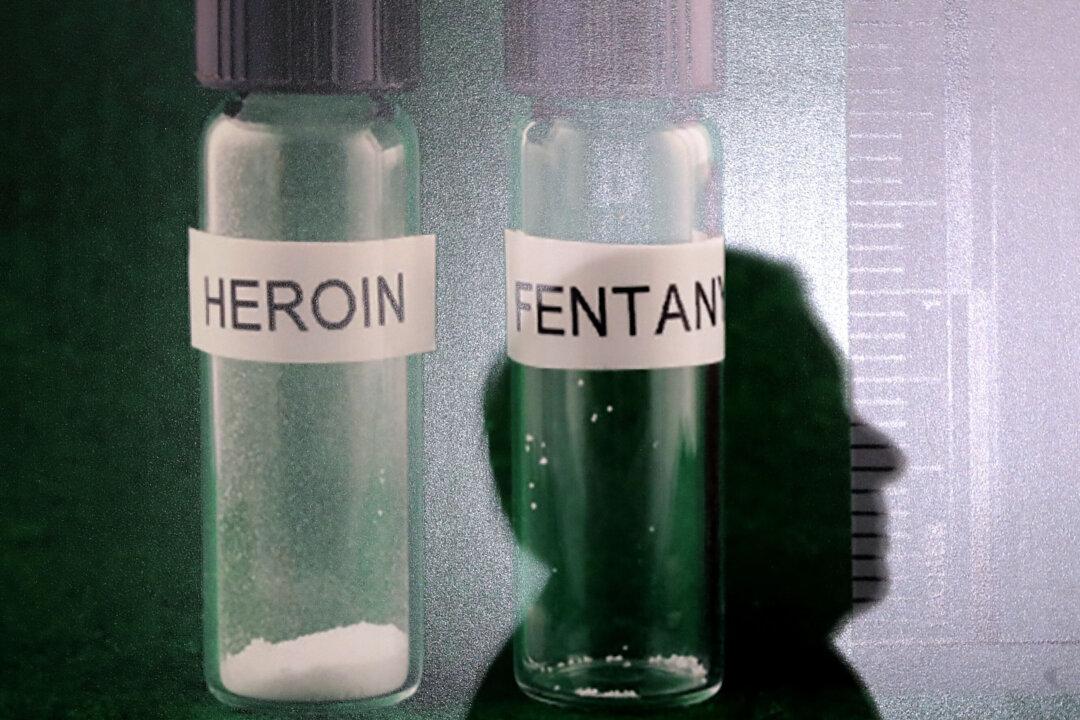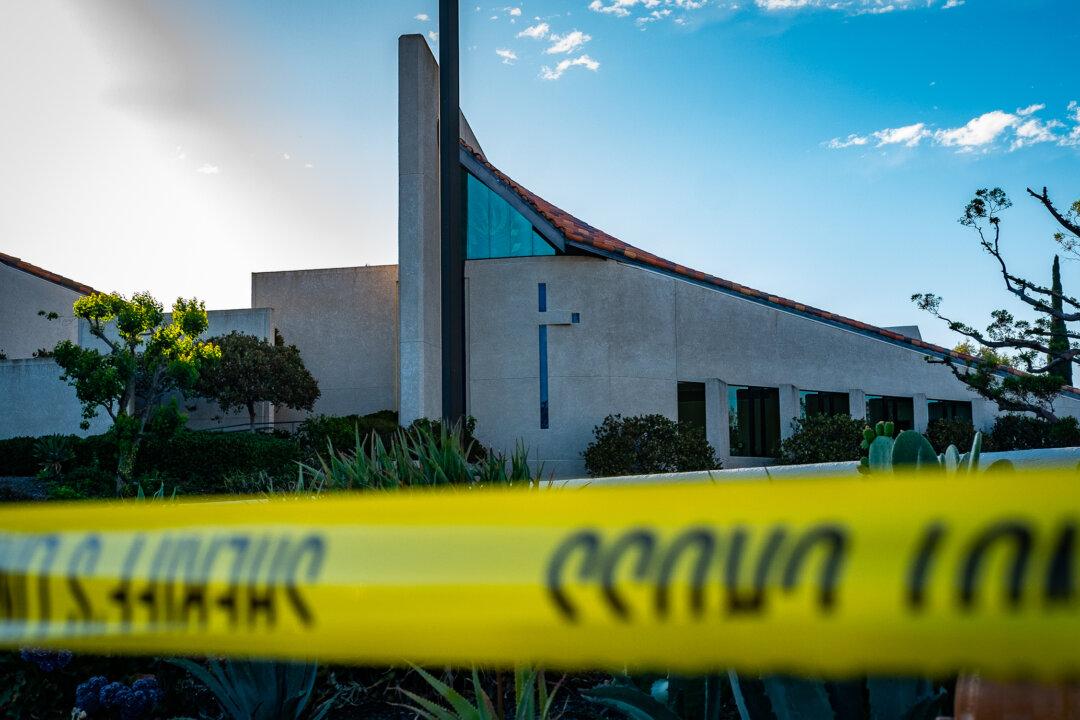SACRAMENTO—As more young people succumb to the fatal effects of fentanyl, California’s lawmakers are proposing harsher penalties on fentanyl trafficking to combat the worsening opioid epidemic.
“The scourge of fentanyl is poisoning our communities, killing our kids, and wreaking havoc all across the state of California,” Assemblywoman Cottie Petrie-Norris (D-Irvine) said in a Zoom press conference on March 29 while introducing a new bill to halt the crisis.




